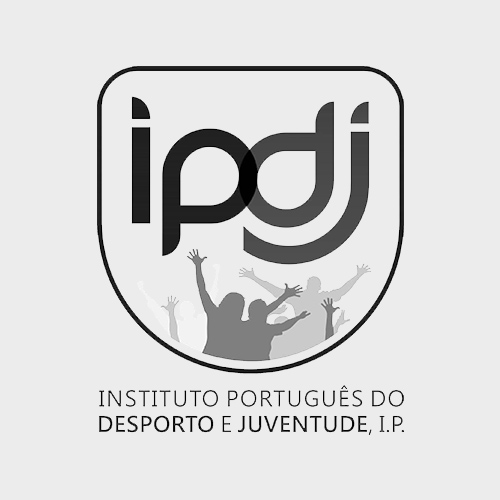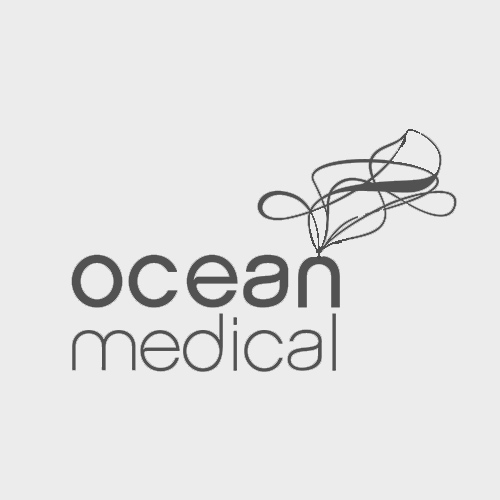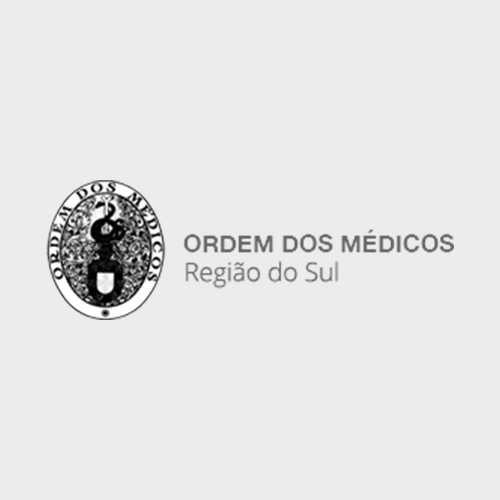Alexander E.
COVID-19 has had a global impact and every country around the world is currently facing a time of uncertainty where we have no idea what our situation will be like the next day let alone over the next few months. The strain on healthcare systems and the ever increasing number of fatalities is a huge concern and a shadow looming over every healthcare provider wherever they may be from.
I’m Alex and I’m a medical student at the University of Malta which is, you guessed it, in Malta. Malta is a tiny island nation with beautiful beaches and countryside and some of the friendliest people you’ll ever meet. Being an island poses some new challenges to dealing with a pandemic of this scale, over the past few weeks many measures have been put in place to try and limit importation and spread of COVID-19 and with these measures we’ve had to make certain sacrifices in order to protect those more vulnerable in our society. Our bustling tourism industry has ground to a halt with nearly all flights to and from the island being stopped and a two week mandatory quarantine being enforced on all those entering the country, this has helped to limit importation of cases significantly but unfortunately with almost 500,000 people travelling through our airport every month we were bound to have imported COVID-19 cases. The Superintendence of Public Health has also issued legal notices to ensure that there are no public gatherings and to keep people over 65 and those with any relevant co-morbidities in self isolation at home. All nonessential services have also been stopped and all educational institutions are closed till the summer.
The scale of preparations being undertaken locally is something I’ve never seen in my lifetime. Our major hospital on the island is unrecognisable, non-clinical areas have constantly been getting repurposed to increase the capacity of the hospital and some ancillary hospitals by over 600 beds. The biggest issue though is sourcing ventilators since we’re exponentially increasing our local ITU capacity. This is a challenge in itself, ventilators right now are worth their weight in gold but luckily due to some foresight from the people involved we managed to get some on order before this all spiralled into a pandemic. The most important thing in all this though is protecting our human resources, a ventilator is useless without an operator. Nearly all the staff at our hospital has been trained on correct donning and doffing procedures from PPEs and hospital administration is constantly trying to find the best way to effectively man a series of new wards around the hospital which will be full of patients who present new challenges to the healthcare workers involved.
As medical students we are also facing a time of uncertainty, obviously a viral pandemic is not the ideal time for us to be carrying out clinical attachments in any healthcare settings so our clinical teaching is on hold until this all settles down. Since our faculty is run by many of the senior clinicians in our hospital who are under increased pressure dealing with COVID-19 as well, it is more challenging to ensure that online teaching takes place but this is understandable given the current situation. Many departments are trying to give us interactive online lectures and tutorials, others have even gone as far as to film a series of examination tutorials. With every challenge we’re faced with an opportunity to improve and I think the sudden increase in the need for online teaching will help us to realise that this is an asset not only in the midst of a global pandemic but also once this all settles down and we return to normality. While our education is very important we can understand that these are not ordinary circumstances. In the mean time us medical students and other healthcare students are ready to help wherever we are needed.
While I write this I’m sitting and waiting for another press conference from our Superintendent on Public Health, and I’m sure the vast majority of the country is too. On a daily basis we watch and wait to hear about how many new cases we are faced with and hope that everyone she mentions is clinically stable. At the time of writing we have 188 confirmed cases with 2 people being ventilated. Luckily we have one of the highest rates of swabbing in the world which allows us an element of peace of mind that significant contact tracing is being carried out to hopefully catch these cases early before they get to the most vulnerable in society. As yet we’ve been lucky with our case distribution by age but things can change in the course of a single day so we must continue to be vigilant.
Before I go I just want to say to all the medical students and doctors that I have met around the world. I hope you are safe and that you are taking care of yourselves both physically and mentally. When faced with adversity we can come out stronger afterwards, and I’ve never been prouder to say that I will hopefully form part of a profession with a vocation that can have such a global impact and works so tirelessly to save the lives of so many people. To everyone else please stay home, social distance and avoid your grandparents, it’s the most simple thing you’ll ever have to do but it can prevent so many unnecessary deaths.






